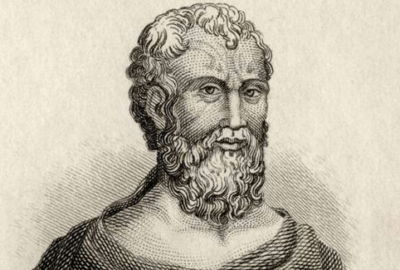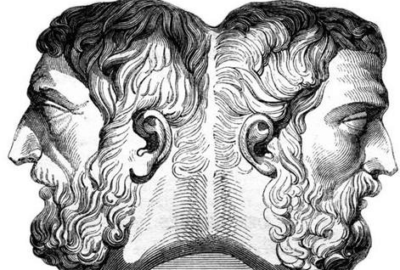Epicurean Philosophy and Cicero
Epicurean Philosophy代写 According to Epicurus, not everything that is pleasurable should be pursued, and not everything that is painful should be avoided.
I enjoy taking alcohol. Epicurean Philosophy代写
According to Epicurus, not everything that is pleasurable should be pursued, and not everything that is painful should be avoided. Taking alcohol is pleasurable but it has long term health, financial and family effects. Family and good health is my happiness and hence when they are hurt, it will not be pleasurable. Thus, the reason I will give up taking alcohol is because it will cause me pain by poor health and bring family issues as well as drain my finances. The trade-off quitting alcohol for better health, happy family and financial security.
The wills, choices, and actions are free to human being. Epicurean Philosophy代写
Chryippus posited that all propositions both in present and in future are either true or false. There are antecedent causes that determine everything that human being desires and choose. The differences in human beings is caused by the environment and stars that cause choices. Carneades on the other hand was skeptic on wills, choices and actions of human beings. According to Carneades, all propositions both in future are neither true nor false but they will be. It depends on the freedom in the human mind to make choices, and actions. Due to this freedom, there is not antecedent and external causes for human choices. Epicurean Philosophy代写**范文

Therefore, the human mind and will to some extent self-determining. Both arguments focus on human freedom and determination of will, choices and actions. However, that of Chryippus is not plausible because he failed to recognize the degree of human freedom that exist. Human mind has freedom to seek pleasure which is not completely dependent on the environment but rather the will. As such, Carneades is more right because he recognized the existence of some human freedom. I have free will, choices and actions. I am responsible to exercise the freedom within the precinct of virtues and pleasure.
The four virtues according to Augustine are prudence, justice, temperance, and courage. Epicurean Philosophy代写

Each of these contribute to proper ordering of the human will. Prudence help human beings to decern the appropriate course of action to be taken in a given situation at the appropriate time. When taking action prudently, one need to have courage in order to confront fear and uncertainty and intimidation. However, human beings need to be guided by temperament before and when taking action. Temperament is the exercise of self-control, abstention, discretion, and moderation tempering the appetition. These enable human being to observe justice to all. These claims about human will by Augustine are correct. The reason being human wills, choices and actions without virtues will not lead to happiness but pain.
Epicurus View on Human Happiness Epicurean Philosophy代写
Epicurus agrees with Aristotle that human happiness is an end-in-itself and the highest good of human living. However, unlike Aristotle, he views happiness as the pursuit of pleasure by avoiding pain without pure use of reason. According to Epicurus, pleasure is the highest good and hence anything that gives pleasure either immediate or differed is good. Nonetheless, he warned that not everything pleasurable should be pursued and painful that should be avoided.
He recommended hedonistic calculus that can be applied to determine the things that are likely to yield highest pleasure. According to him some pleasure brings pain like imbibing copious amounts of alcohol. On the other hand, some pains like sadness can lead to an appreciation for life or compassion, which are highly pleasurable states.
更多其他:Review代写 文学论文代写 Academic代写 Essay代写 Proposal代写 研究论文代写 Case study代写 艾莎代写 Report代写 Admission




您必须登录才能发表评论。